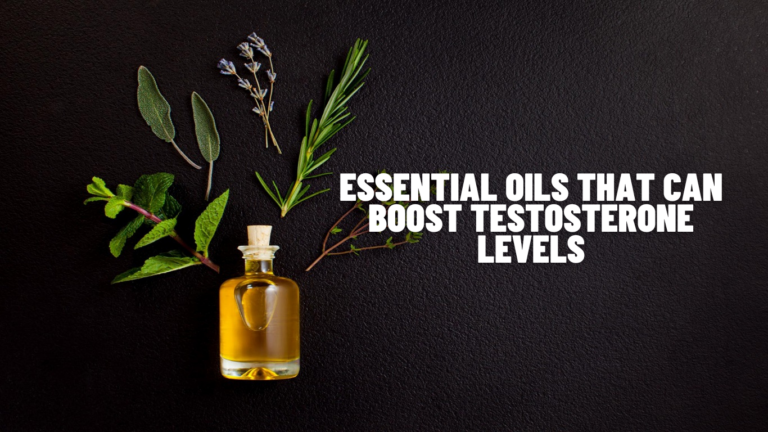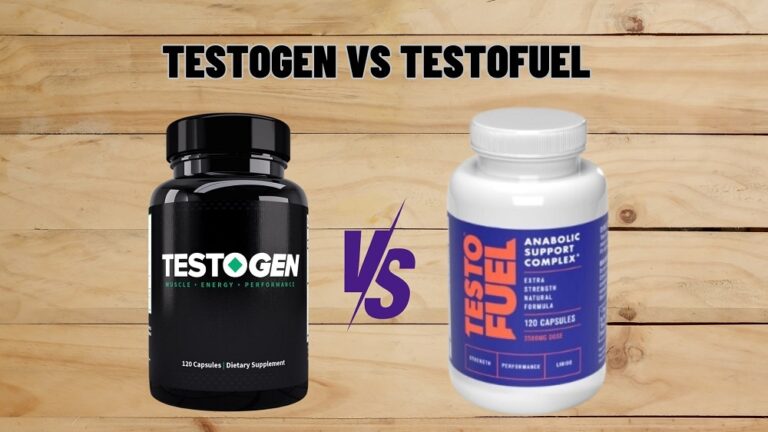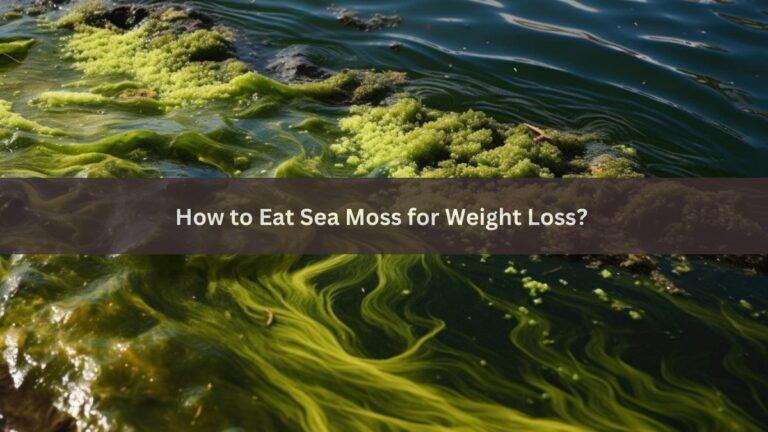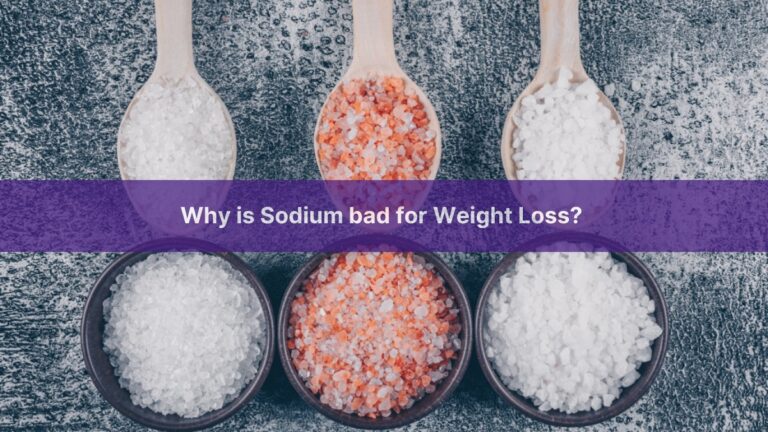Does Using Testosterone Boosters Improve Beard? Known Facts!
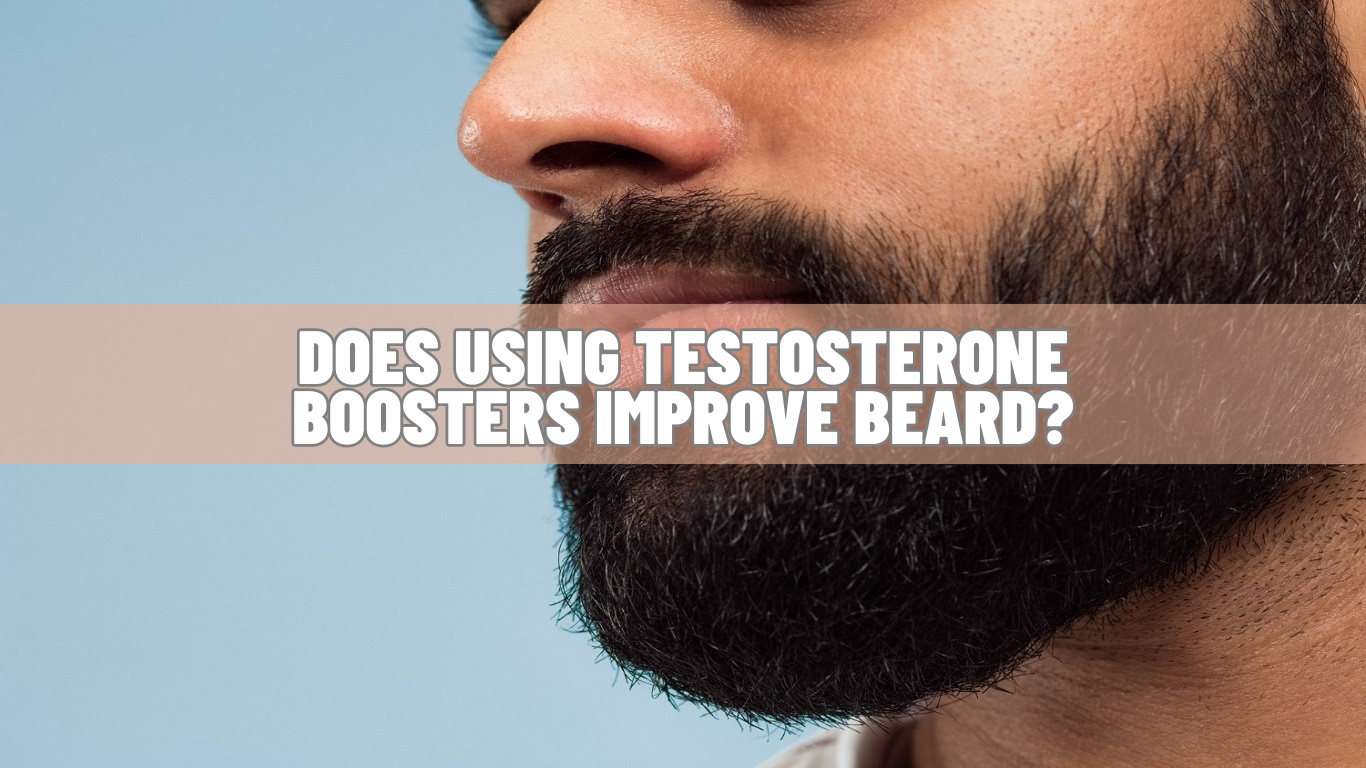
Testosterone is a male hormone responsible for regulating several male characteristics, including vocal changes and hair patterns. Therefore, many consider consuming testosterone boosters will increase testosterone levels in the blood and induce facial hair growth.
We have done thorough research on the science behind testosterone and beard growth, factors that affect beard growth, and natural ways to improve beard growth. Let’s take a look at the findings:
The Science Behind Testosterone And Beard Growth
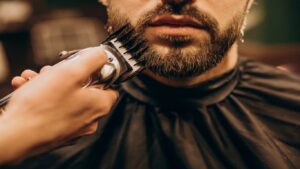
Androgens are hormones in males responsible for regulating the development of the physique. According to a study, Testosterone is the most common androgen known for boosting the production rate, thickness & pigmentation of hair, plus inducing the anagen phase (Growth phase of your hair follicle).
On the other hand, dihydrotestosterone (DTH an androgen), made from testosterone, is liable for secondary hair growth. Study shows a correlation between Testosterone & DTH concentrations in terms of facial hair growth in men. Testosterone is generally for priming the hair follicles, whereas DHT helps promote the linear growth of hair.
Other research also supports that DHT is also responsible for the loss of hair in certain parts of your scalp but is the key trigger for hair growth in areas that are androgen sensitive. The beard is one such area that has androgen receptors to influence hair growth.
Apart from this, some men get patchy beards because their hair has problems responding to signals from the above hormones.
How Testosterone Boosters Increase DHT Levels
As explained above, boosting testosterone using supplements in your body will also increase the level of DHT in your bloodstream and enhance beard growth. Studies have revealed that androgen has different effects on men’s hair follicles in different areas.
Furthermore, the right level of androgens, such as testosterone, can promote hair growth, whereas an excessive amount of androgens can hinder hair growth. Therefore, when using any Testosterone Booster, ensure you are not going above the general baseline testosterone levels in men (<400 ng/dL).
Apart from this, Testosterone levels generally decline with ageing or health conditions, and the boosters might not have the best outcome for facial hair in such situations. Excessive use of Testosterone Boosters can lead to multiple problems, such as prostate problems, benign prostatic hyperplasia, gynecomastia, sleep apnea (breathing disorder), plus water and sodium retention.
Other Factors That Influence Beard Growth.
The inability to grow a beard can also be caused by different factors, such as:
● Genetics/Ethnicity: Black, blonde, curly, straight, or red hair on a human’s body has different shapes plus colours. According to research, genetic variants influence the appearance of hair. Gene can be linked to hair going grey, developing a monobrow or even the volume of your beard.
● Age: Growth of facial hair in men starts after puberty because their testosterone level increases by 30-fold in boys. Moreover, beard hair will typically continue to grow from adolescence and be fully developed during sexual maturity. Also, a 0.4% to 2.0% reduction in testosterone levels every year after the age of 30 is common among men.
● Chronic diseases: Diseases such as beard alopecia areata can stop you from growing facial hair. Beard alopecia areata is commonly linked to different autoimmune conditions, including diabetes, thyroid, plus vitiligo.
● Testicle injury: Over 95% of men’s endogenous testosterone is developed in the testes. Furthermore, a man secretes about 6–7 mg every day. Therefore, damage or injury to the testicle can hinder the production of testosterone and lead to less beard growth.
Natural Things To Improve Beard Growth
Exercise
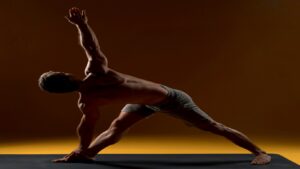
Lifting weights or performing strength-training exercises can have a positive impact on your testosterone levels. Backed up by research, conducting a full-body workout (deadlift or squats) rather than training one muscle ( such as biceps) has a better effect on testosterone levels. Moreover, have short rest periods during the workout and create an overall exercise schedule that contains cardio plus flexibility training.
Diet

A healthy overall diet that has the right combination of carbohydrates, proteins and fats can be ideal for promoting beard growth. There are 5 nutritional components, along with 7 food ingredients, plus 25 supplements associated with your testosterone. Hence, consuming a healthful and nutritious diet will enhance hormone levels and enable good long-term health.
Sleep
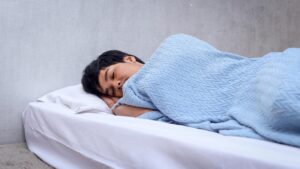
Reduced level of androgen, or androgen deficiency, causes low energy, poor focus, plus increased lethargy. Moreover, research shows that testosterone and sleep are related. Hence, it is advised to sleep at least 7 to 8 hours during the night to maintain overall testosterone levels.
Weight: Obesity in young males can lead to low testosterone levels when compared to lean males. Study shows it can be 40 to 50% lower than men having normal BMI.
Conclusion
As per our findings above, Testosterone is majorly responsible for influencing the growth of hair in men. Therefore, taking Testosterone boosting supplements can induce beard growth. However, inserting more than required testosterone in the body can also cause hair fall. Therefore, it is advised to take a test first before buying any supplement to know your Testosterone level. To achieve maximum results, combine supplements with healthy habits such as exercising, adequate sleep, a clean diet, less stress and average weight.
Frequently Asked Questions (FAQs)
Which Foods Best Boost Testosterone?
Ginger, lemons, oysters, leafy vegetables, fish oil, olive oil, pomegranates, and onions.
What Are The Risks Associated With Testosterone Boosters?
Sleep apnea, acne or skin reactions, prostate changes, enlarged breasts, limiting the production of sperm or testicles to shrink. Boosters can also produce excessive red blood cells, resulting in blood clotting.
How Often Do I Wash My Beard?
Wash about 2-3 times per day because regular cleaning can also strip away the natural oils and cause dry and rough facial hair.


